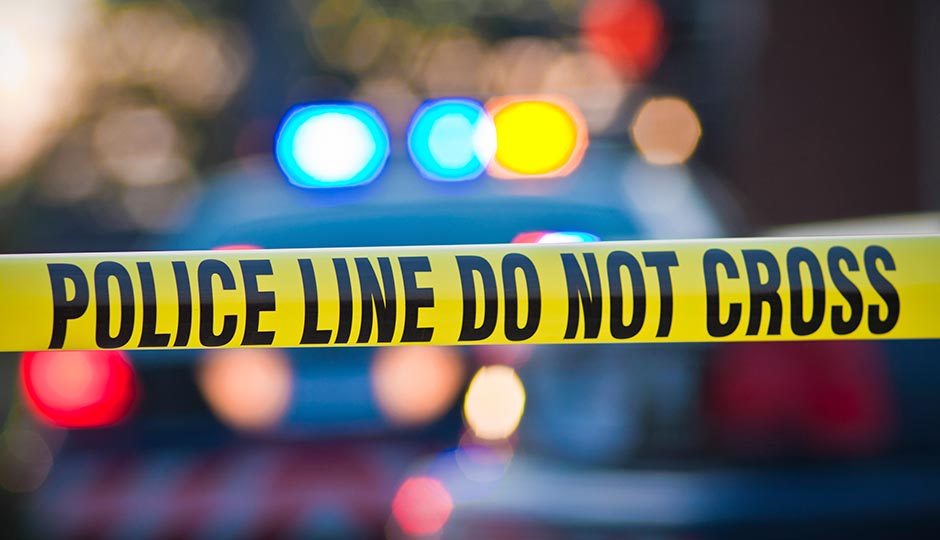You’ll Never Guess What Philadelphians Worry About the Most

iStockphoto.com | carlballou
Either the public schools have gotten better in a hurry, or people around here are starting to pay more attention to stories like this and this … and this.
A new Pew Charitable Trusts poll of 1,601 Philly residents found that 44 percent believe public safety is the biggest problem the city faces, a significant change from a similar Pew poll in 2015, when 32 percent of residents identified education as their top concern. Only 23 percent named public safety as a concern at that time.
Just 20 percent of those who participated in the latest poll named education as a top concern, while 14 percent cited jobs and the economy as their main worry, and 10 percent cited the city’s depressingly high poverty rate.
Philly is seeing a spike in its homicide total, the figure that usually gets the most breathless coverage in the media. It stood at 227 as of Monday, compared to 219 at this point last year, and 206 two years ago. Police data from earlier this month showed that rapes, gunpoint robberies, and aggravated assaults with guns had all significantly decreased from a year ago; overall violent crime is down 6 percent. People might accept that crime numbers ebb and flow, but that doesn’t mean they’re not rattled but rising reports of gun violence. Hours after the Pew poll was released on Tuesday, a 39-year-old man was shot several times after he reportedly tried to stop two armed men from robbing a handful of people in Rittenhouse Square. The gunmen escaped, and the victim, whose name was not released, was listed in critical but stable condition at Hahnemann University Hospital.
The poll found 39 percent of residents feel unsafe if they’re out and about in their neighborhoods at night, a figure that’s held firm for the last three years. But race, gender and economic conditions unsurprisingly played a role in how people viewed the city’s violence problems. According to the poll, 52 percent of Latinos and 51 percent of African-Americans cited public safety as Philly’s biggest issue, compared to 37 percent of whites. Fifty percent of women felt it was a primary concern, compared to 37 percent of men. Safety was also pegged as a top concern for 50 percent of residents with household incomes of less than $30,000, while only 33 percent of residents with household incomes of $100,00 felt that way.
OK, enough with the numbers. (Kidding! Brace yourself for more numbers.)
Mayor Jim Kenney‘s decision to reestablish Philly as a sanctuary city when he took office in January is supported by 58 percent of residents. And on the ever-thorny topic of police-community relations, 60 percent of residents said they have a “great deal or a fair amount” of confidence in police to treat whites and blacks equally, a 5 percent increase from last year, while 37 percent have “just some or very little” confidence.
That total broke down along racial lines, too. Seventy-six percent of whites believe cops treat whites and black the same, while only 47 percent of blacks and 45 percent of Latinos felt that way.
“I believe the change in perception over the last fifteen months has a great deal to with the national mood. This poll was done in early August, shortly after both the Republican and Democratic conventions, and several high-profile police shootings, including those in Dallas, Minnesota and Baton Rouge,” Kenney said in an emailed statement.
“Crime is also up sharply nationally, and while Philly has not experienced anywhere near the same levels of violence as other major urban areas, it still shapes what Philadelphians see in the news. I also came to that conclusion because Pew found no change in the percentage of Philadelphians who feel safe being outside in their neighborhood at night. It was 59 percent 15 months ago, and it’s 59 percent today.”
The mayor noted that the city is addressing violent crime from a number fronts: having police deployed in areas where there’s a concern of retaliatory violence in the wake of shootings, investing in expanded Pre-K and community schools, and leveraging a $3.5 million MacArthur Foundation grant to reduce the city’s prison population and boost its offering of diversionary programs for first-time offenders.
Follow @dgambacorta on Twitter.


